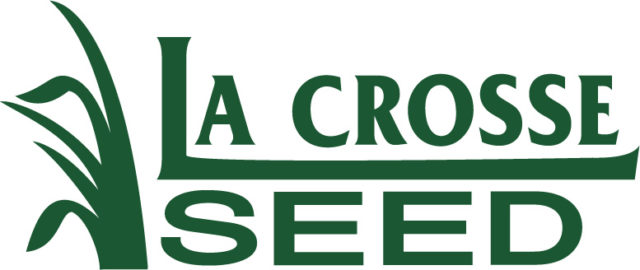I used to recklessly throw the term around with impunity, but now, when I refer to “back in the day,” I’m usually talking about something I remember. Since I run mostly in farm and ranch circles, that’s generally the arena where I notice changing of the times and seasons the most.
When I grew up, it seemed like nearly every farm in my home country had a few milk cows. Within 3 or 4 miles of my home, I can remember seven outfits that milked between 30 and 100 milk cows. “Back in the day,” if you milked 100 cows, you had a pretty big dairy. These days, it seems that a 1,000-cow dairy barely makes it into the big category.
Besides the obvious little annoying necessity of having to milk the cows twice a day, the other main constant in the dairy business, at least as I remember it, was putting up with the milk inspector. My dad and uncle were pretty particular about the prepping, milking and clean-up routine on our little 30-cow dairy. As long as we stuck to the routine, they said, we’d be safe from the wrath of the inspector.
Far be it from me or my cousins to be categorized as careless, but as can sometimes happen when serious matters are left in the hands of teenaged boys, we occasionally got dinged by the inspector for some violation or other. Maybe the door from the parlor to the milk house was cracked open. Maybe there was a speck of manure on the wall.
Maybe the water wasn’t all drained from the vat where we cleaned the milkers. Maybe there was a crack in one of the rubber inflations. Whatever it was, the inspector could find it.
Although I think George, the guy who was the usual inspector, was a pretty decent citizen, I lived in fear of having to talk to him if he ever showed up while I was on the premises.
If I was out back feeding the calves or cleaning the manger when his brown car pulled up to the barn, I’d go to great lengths to avoid any interaction whatsoever. He may not have been the devil himself, but I was sure that George and Satan were at least drinking buddies.
As with many things in life, hindsight has changed my perspective and opinion of the milk inspector. George really was a decent guy who was just doing his job. A good friend of mine, who was a major player in the dairy industry for decades, recently shared some sage advice she got from her mother, who hails from beyond “back in the day.”
Her mother told her to always leave a cobweb or two in a corner or above a door for the milk inspector to find. The presence of a cobweb is a minor problem and an easy fix. Mother Brown’s wise reasoning was that if the inspector would concentrate on the cobweb, he’d be less likely to expend much energy in search of larger problems, especially if you’d done your best and there weren’t any major issues, anyway.
We live in a world that is simultaneously shrinking and expanding. The ratio of us to them becomes less and less in our favor every year. As producers of the world’s food and fiber supply, we can expect to be scrutinized and criticized more than ever before, regardless of how responsible and efficient we may be or perceive ourselves to be.
When it comes to marketing the fruits of our labors, what often matters most is not how we perceive who we are and what we do, or even the truth. What matters is the way we are perceived by consumers, those who pay for our products. Unfortunately, perception becomes our reality.
With that reality, it becomes the responsibility of us, as farmers and ranchers, to become the face and voice of agriculture. It seems to me that it behooves us to run a pretty tight ship. It’s also a reality that no matter how good we are, there will always be something someone can find fault with. And that’s OK. We can deal with the cobwebs in the corner. Let’s just make sure there isn’t a cow pie in the milk tank. FG










